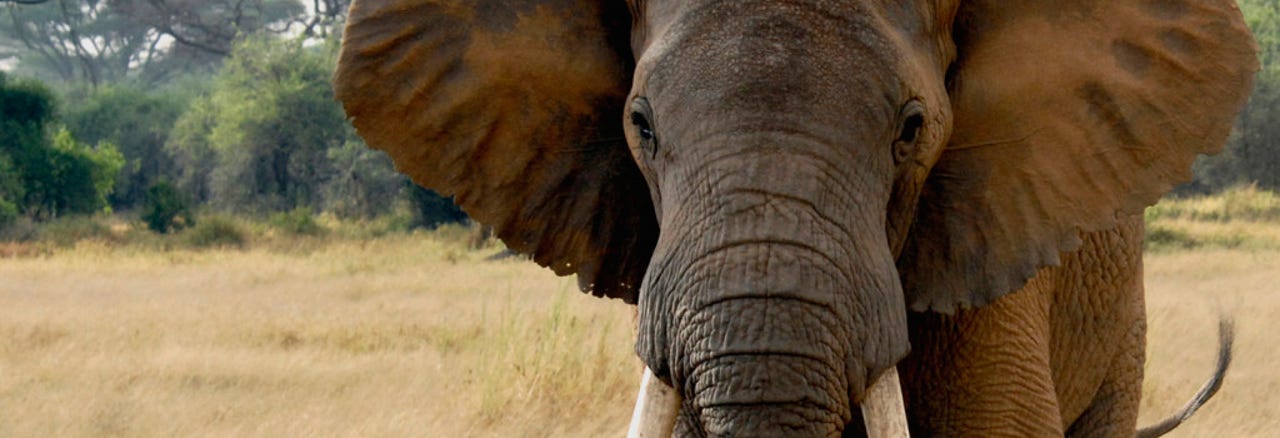Neurala partners with Lindbergh Foundation to use drones to combat poaching


Neural network software firm Neurala has announced it has partnered with the Lindbergh Foundation in an effort to combat elephant poaching in Africa using intelligent drones and artificial intelligence (AI).
According to the Lindbergh Foundation, over 100,000 elephants were killed throughout Africa between 2010 and the end of 2012, and 40,000 more in 2013.
Similarly, since 2007, rhino poaching has increased by 9,000 percent in South Africa alone.
Across the entire continent, a rhino is slaughtered every 9-11 hours and every 14 minutes an elephant is killed for its tusks; at that rate, the foundation predicts African elephants will be extinct within 10 years.
In response, the foundation launched its non-profit Air Shepherd program to protect elephants and rhinos from the illegal poaching activities by spotting the bad guys from the air before they even reach the harmless victims.
Air Shepherd sends drone teams through months of extensive training in areas known for illegal poaching activities. Using intelligence from many sources, infrared-capable drones fly silently at night when poachers operate. Once poachers are spotted on screens in the operation vehicles, rangers are sent to the area to intercept them.
There are four elements to the Air Shepherd approach: The battery-operated unmanned aircraft that can fly for up to five hours; onboard control systems and sensors with capabilities tailored to the anti-poaching mission; a mobile operations base for drone control, video feed monitoring, and ranger communications; and the trained drone pilots and sensor operators with the courage to operate in remote areas at night.
As Neurala's technology can learn from any sensory stream to identify an object of interest, the company said it will be assisting the foundation's human analysts by sifting through terabytes of video, including infrared, in real-time as the drone is flying, pinpointing animals, vehicles, and poachers.
"This is a terrific example of how AI technology can be a vital force for good," said Neurala CEO Max Versace. "We're thrilled to be working with the Lindbergh Foundation in this unique partnership, contributing our deep learning software to such a worthwhile cause and doing our part to preserve endangered species."
Currently, Air Shepherd's team patrols Liwonde National Park and Nkhotakota Wildlife Reserve in Malawi, Ezemvelo KZN Wildlife in South Africa, and Hwange National Park in Zimbabwe.
In partnership with the World Wildlife Fund (WWF), Air Shepherd drone teams recently increased their poacher patrols to thwart those poisoning watering holes in Hwange National Park that use cyanide to slowly kill the animals.
Funding for the project is provided by WWF and made possible by a grant from Google.org to research, develop, and implement a suite of technologies to stop wildlife crime.
WWF is also providing additional technical expertise and on-the-ground guidance for the project, Air Shepherd said.